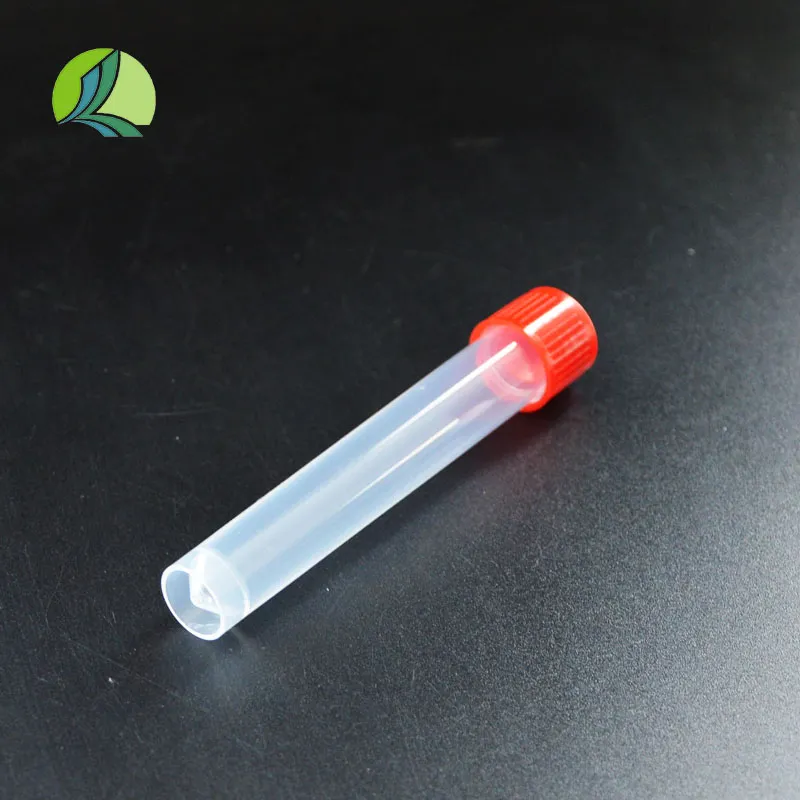https://www.wahmg.com/)">
Laboratory Apparatus in Chemistry - Essential Tools for Safe and Efficient Experimentation
Laboratory Apparatus in Chemistry - Essential Tools for Safe and Efficient Experimentation
The Role of Apparatus in Chemistry
Chemistry, often referred to as the central science, bridges the gap between physics and biology. At the heart of chemistry lies the necessity for precise experimentation, analysis, and synthesis, all of which hinge upon the use of specialized apparatus. These tools and instruments are pivotal for conducting experiments, measuring substances, and ensuring that chemical reactions proceed under controlled conditions.
The Role of Apparatus in Chemistry
Another critical instrument is the graduated cylinder. Unlike beakers, which provide a rough estimate of volume, graduated cylinders offer precision measurement. With clearly marked graduations, they enable chemists to accurately measure the amount of liquid used in an experiment. This accuracy is crucial in quantitative analysis, where small deviations can lead to significantly different results.
apparatus in chemistry

Flasks are also indispensable in the world of chemistry. The Erlenmeyer flask, with its tapered neck, is perfect for mixing solutions by swirling without the risk of spillage. Its design also facilitates heating and can assist in reducing evaporation during reactions. Similarly, the volumetric flask is designed for precise dilutions and preparation of standard solutions, allowing chemists to create solutions of known concentrations accurately.
In addition to these containers, various specialized apparatus are crucial for more complex procedures. For instance, a distillation apparatus allows for the separation of mixtures based on differences in boiling points. This technique is vital in both organic chemistry and industrial applications for purifying solvents and chemicals.
Furthermore, apparatus such as Bunsen burners provide the necessary heat sources for many chemical reactions. These burners allow chemists to maintain specific temperatures, providing the control needed for repeatable results. Safety equipment like fume hoods and goggles is also essential, ensuring that experiments are conducted in a safe environment.
Overall, the diversity of apparatus in chemistry plays a crucial role in pushing the boundaries of scientific understanding. Each piece of equipment, from simple beakers to complex distillation setups, enhances a chemist's ability to explore and manipulate the properties of matter. As advancements in technology continue to emerge, the development of new and improved apparatus will further enhance the precision and efficiency of chemical experimentation. Through these tools, the mysteries of chemical science unravel, leading to innovations that drive progress in various fields, from pharmaceuticals to environmental science.
-
Wholesale Plastic Juice Bottles with Caps 16 oz Options Available Bulk Packaging SolutionsNewsJun.10,2025
-
Laboratory Apparatus Reagent Bottle – Durable & Chemical Resistant Bottles for Safe StorageNewsJun.10,2025
-
Squeezable Dropper Bottles Durable, Leak-Proof & CustomizableNewsMay.30,2025
-
Affordable Plastic Petri Plates Sterile & Disposable Lab-GradeNewsMay.30,2025
-
Eye Dropper Caps Precision 24/410 & Plastic Bottle-Compatible TipsNewsMay.30,2025
-
Affordable Mini Spray Bottle Price & Wholesale Deals Shop NowNewsMay.29,2025





















